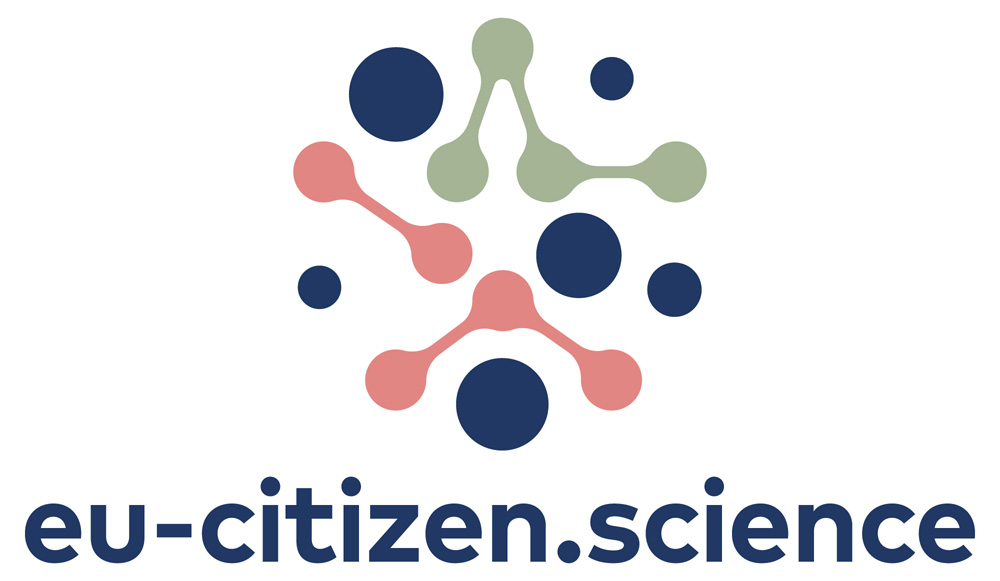|
In our increasingly interconnected world, where technology plays a central role in our daily lives, the concept of cyber ethics has become more pertinent than ever before. Cyber ethics encompasses the moral principles and guidelines that govern our behavior in the digital realm. It prompts us to reflect upon the ethical implications of our actions online and encourages responsible and considerate use of technology. One of the key aspects of cyber ethics involves respecting the privacy and security of individuals in the digital space. With the vast amount of personal information stored and exchanged online, it is crucial to handle this data with care and ensure its protection. Respecting privacy means not engaging in unauthorized access or sharing of sensitive information without consent. It also means adopting secure practices such as using strong passwords, encrypting data, and regularly updating software to minimize the risk of cyberattacks. Another important facet of cyber ethics revolves around maintaining digital citizenship. Digital citizenship entails being a responsible member of the online community and treating others with respect and empathy. This includes refraining from cyberbullying, spreading hate speech, or engaging in any form of harassment. By fostering a positive and inclusive digital environment, we can promote healthy interactions and safeguard the well-being of individuals online. Furthermore, intellectual property rights are a critical concern in the digital age. Cyber ethics calls for respecting copyrights, patents, and trademarks when using and sharing digital content. Plagiarism and copyright infringement undermine the creative efforts of individuals and organizations. Recognizing and acknowledging the intellectual property of others ensures fairness in the digital landscape and supports innovation and creativity. The issue of digital divide also falls within the purview of cyber ethics. The digital divide refers to the gap between those who have access to technology and those who do not. Bridging this gap and promoting equal access to information and opportunities is vital for a just and equitable society. Ensuring that technology is accessible to all can help reduce social inequalities and empower marginalized communities. Lastly, the ethical implications of emerging technologies such as artificial intelligence (AI), biotechnology, and robotics should not be overlooked. These advancements raise complex ethical questions regarding privacy, accountability, and potential societal impact. Ethical frameworks must be developed and implemented to guide the responsible development and use of these technologies, considering their potential risks and benefits. In conclusion, cyber ethics serves as a compass in the digital age, guiding our actions and decisions in the online realm. It reminds us to be mindful of our behavior, respect privacy, foster digital citizenship, uphold intellectual property rights, bridge the digital divide, and address the ethical implications of emerging technologies. By adhering to these principles, we can create a safer, more inclusive, and ethically conscious digital society.  |
